On May 4, 2025, the Politburo issued Resolution No. 68-NQ/TW on private economic development, marking an important turning point in promoting the private economic sector to become an important driving force of the national economy.
This Resolution not only opens up a clear legal corridor but also creates favorable conditions for businesses, especially in the fields of industrial real estate (IREA) and eco-industrial parks (EIPs), to develop strongly and sustainably.
Prodezi Industrial Park project in Ben Luc district, Long An province. Photo: Prodezi Long An
New impetus for industrial real estate
Resolution 68 sets a target of 2 million enterprises in Vietnam by 2030, of which at least 20 large enterprises will participate in the global value chain. To achieve this goal, the Resolution sets out many specific policies to remove barriers and create favorable conditions for business development.
According to Mr. Truong Khac Nguyen Minh - Deputy General Director of Prodezi Long An Joint Stock Company, Resolution 68 emphasizes improving access to land and infrastructure for businesses in the industrial real estate market, thereby increasing land use value.
Mr. Truong Khac Nguyen Minh - Deputy General Director of Prodezi Long An Joint Stock Company. Photo: Prodezi Long An
Localities are required to reserve a minimum of 20 hectares of land for each industrial park or cluster or 5% of the total land fund invested in infrastructure to support high-tech enterprises, small and medium enterprises, and innovative startups to rent. At the same time, local budgets are allowed to be used to support investors in infrastructure business of industrial parks, industrial clusters, and technology incubators, with the condition that a portion of the invested land fund is reserved for the above-mentioned enterprises to rent.
Furthermore, according to Mr. Minh, the birth of Resolution 68 also affirms the orientation of sustainable development through financial incentives, taxes and infrastructure support policies for industrial parks. The policy reduces land rent by at least 30% within the first 5 years from the date of signing the land lease contract; at the same time, encourages the banking system to prioritize supporting effective industrial park projects.
The resolution also promotes digital transformation and innovation by encouraging businesses to invest in research and development (R&D), digital transformation and use state research infrastructure at reasonable fees. Investment costs for R&D as well as innovation are tax deductible up to 200%.
Representing Prodezi IP – the pioneering industrial park developed according to the ecological model in Long An, Mr. Minh highly appreciated the incentives and support that Decree 68 brings to the EIP. “Vietnam is in the early stages of a comprehensive transformation in the industrial development model. The policy mechanisms introduced in Resolution 68 are a strategic boost for Vietnam’s industrial real estate, further promoting the process of converting from traditional industrial parks to EIPs by real estate developers and business tenants. That orientation is also in line with the global sustainable trend in the new economic cycle,” said Mr. Minh.
Currently, Vietnam has 436 industrial parks, attracting about 35-40% of the total foreign direct investment capital increased annually. Converting industrial parks to the eco-industrial park model will contribute significantly to the implementation of green growth goals and Vietnam's international commitments in sustainable development and climate change response.
Prodezi IP is one of the few industrial parks currently designed according to the standards of an eco-industrial park. Located in Ben Luc district, Long An province, with a scale of 400 hectares, the project aims to become a "green destination" for domestic and foreign enterprises, especially those pursuing sustainable production models, saving resources and reducing CO2 emissions. The project is committed to being a pioneer in sustainable practices and development through 4 pillars: Using renewable energy, reusing and recycling water, developing green buildings, green certified warehouses, and developing organic farms.
Prodezi IP is developed according to an ecological model in which 25% of the area is reserved for trees, water surface, traffic, technical areas and common infrastructure. Photo: Prodezi Long An
With a strategic location at the intersection of Provincial Road 830 and Luong Hoa – Binh Chanh Avenue, Prodezi EIP only takes about 5 minutes to connect to Ho Chi Minh City, creating favorable conditions for transportation and trade. It is expected that the first phase of the project will be completed and handed over to investors in the fourth quarter of 2025.
Recommendations to increase the effectiveness of the Resolution
To effectively implement Resolution 68 and promote sustainable development in the field of industrial real estate and industrial parks, Mr. Minh made some proposals from the perspective of implementing industrial parks.
He recommended that the authorities improve the legal mechanism and preferential policies for the model, including specifying credit priority for green industrial real estate and issuing preferential mechanisms and recognizing eco-industrial parks, especially for industrial parks that are converting to an ecological model. At the same time, it is necessary to simplify administrative procedures, review and simplify administrative procedures related to the establishment and operation of industrial parks in general and eco-industrial parks in particular, in order to minimize time and costs for businesses. In addition, it is necessary to increase infrastructure support.
“Transportation and logistics infrastructure must go one step ahead, then introduce policies to encourage and support investment in green infrastructure, including wastewater treatment systems, renewable energy and green transport in industrial parks, especially when businesses are under pressure from global emission standards. Finally, it is necessary to promote public-private partnerships, in which the State plays a policy-making and regional coordination role, and the private sector plays a creative role, investing in infrastructure and services. This harmonious coordination will help form sustainable “new industrial zones” with the ability to absorb quality capital flows and maintain long-term competitiveness,” Mr. Minh added.
On a macro level, Mr. Minh proposed synchronous implementation with Resolutions 66, 57 and 59. “These are the four main pillars for the development of the new era of Vietnam’s economy. I believe that the synchronous and effective implementation of these four resolutions will open up great opportunities for businesses, promoting the sustainable development of the industrial real estate market and industrial parks,” Mr. Minh emphasized./.
AT
Source: https://baolongan.vn/nghi-quyet-68-cu-hich-chien-luoc-cho-bat-dong-san-cong-nghiep-ben-vung-a196095.html


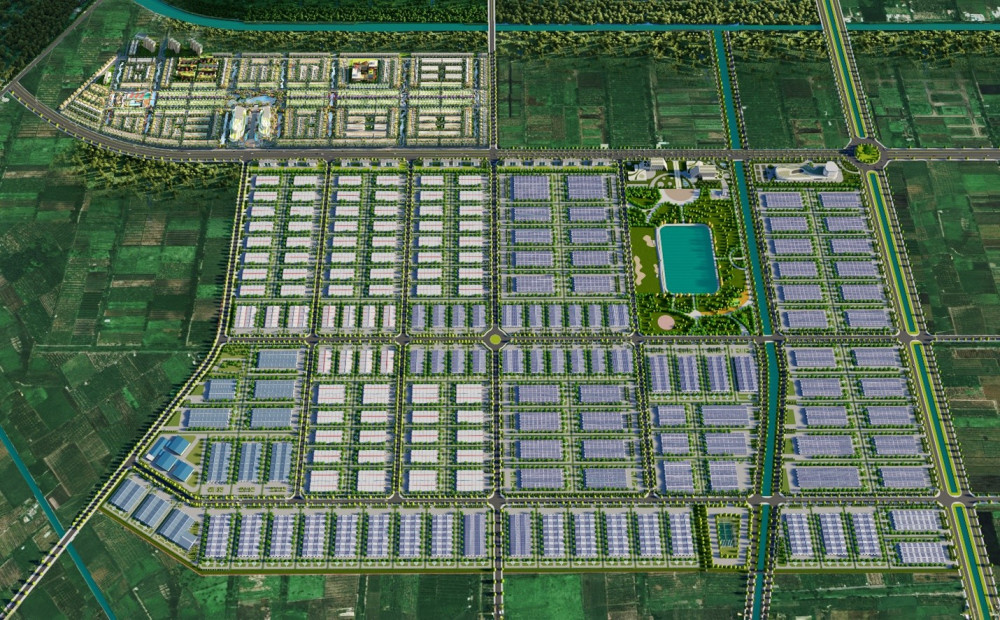

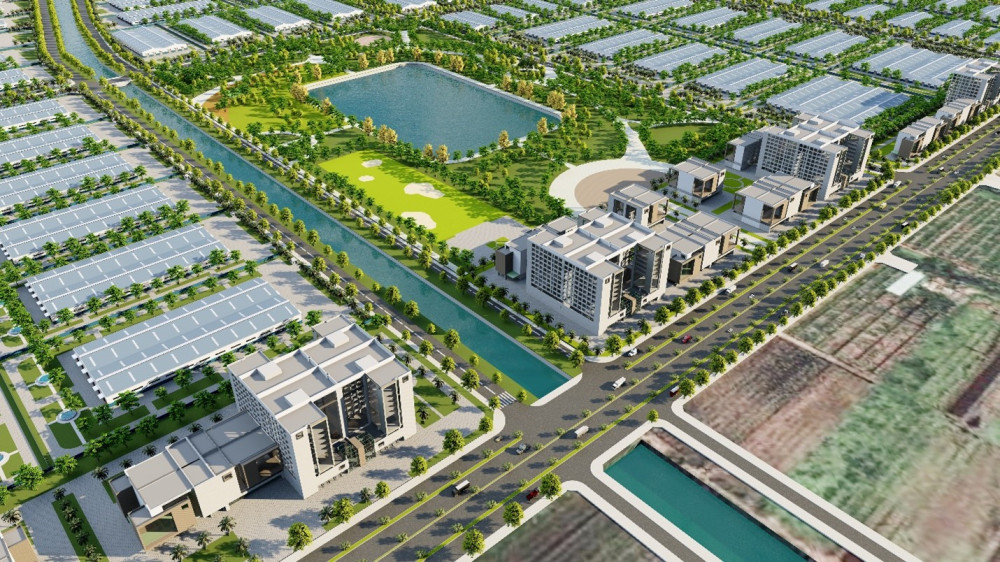

![[Photo] Prime Minister Pham Minh Chinh attends the event "Digital transformation of the banking industry by 2025"](https://vphoto.vietnam.vn/thumb/1200x675/vietnam/resource/IMAGE/2025/5/29/0e34cc7261d74e26b7f87cadff763eae)

![[Photo] Prime Minister Pham Minh Chinh receives leaders of Excelerate Energy Group](https://vphoto.vietnam.vn/thumb/1200x675/vietnam/resource/IMAGE/2025/5/29/c1fbe073230443d0a5aae0bc264d07fe)


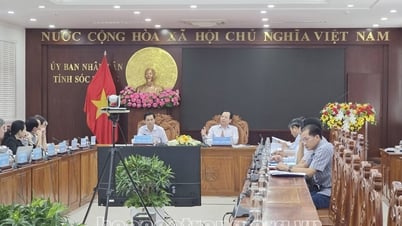









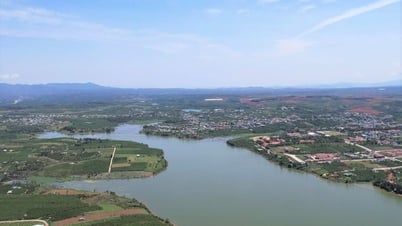





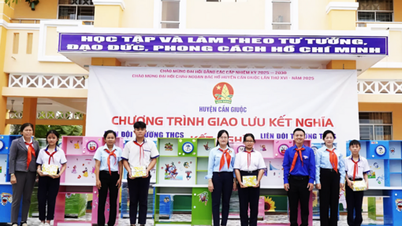

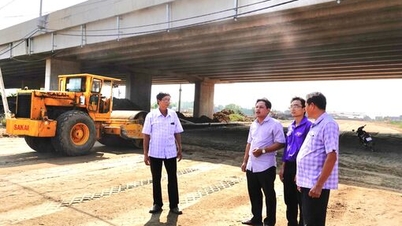
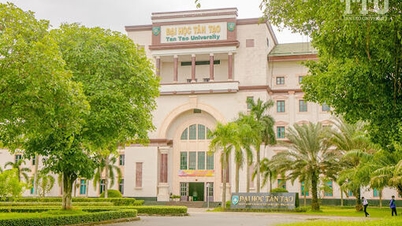

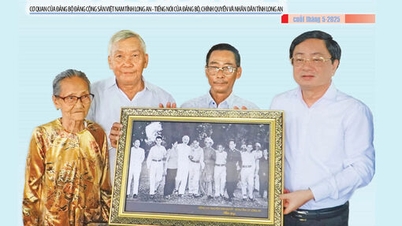





















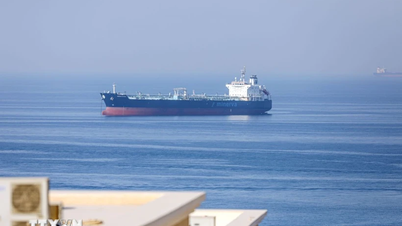





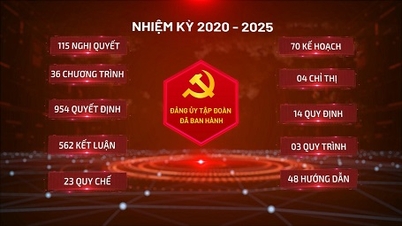


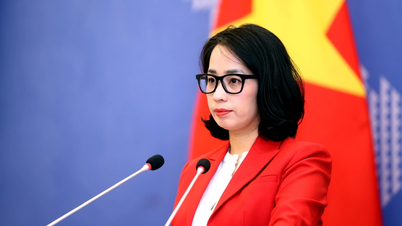


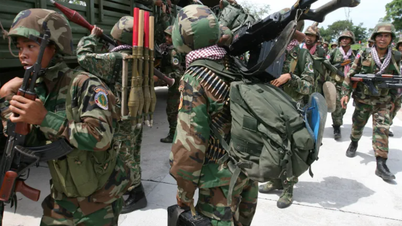




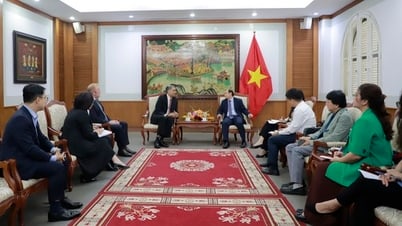
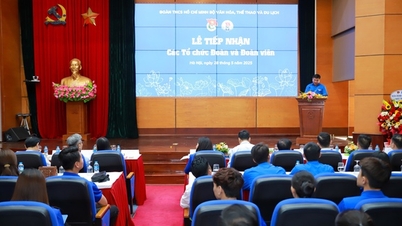

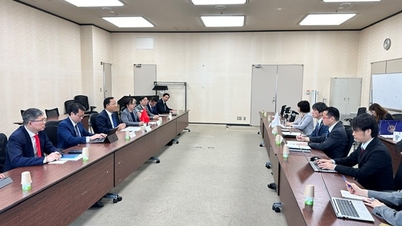

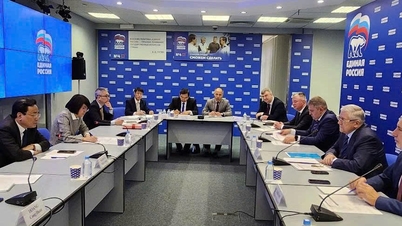

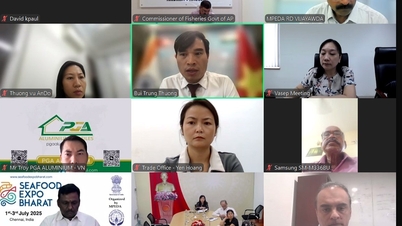
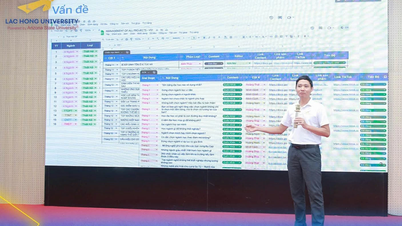




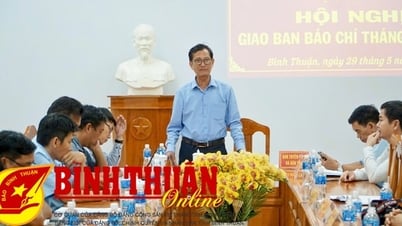




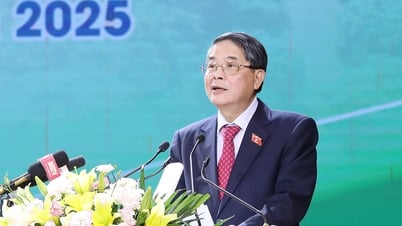






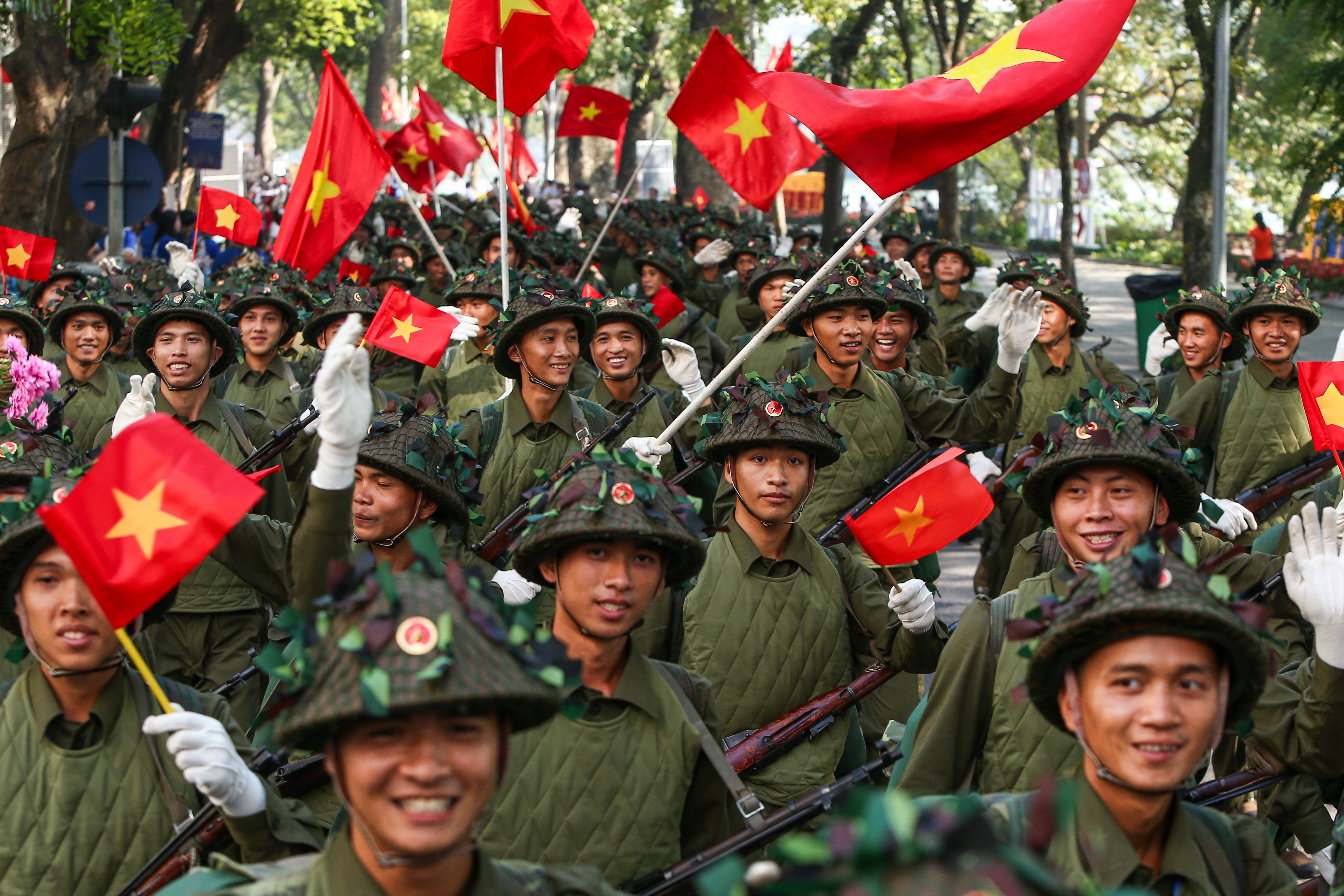



Comment (0)